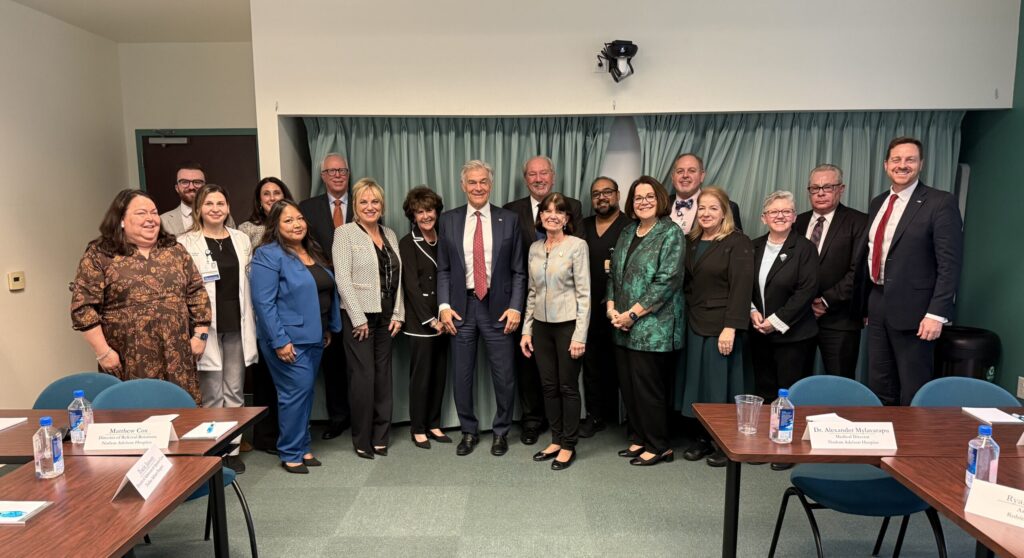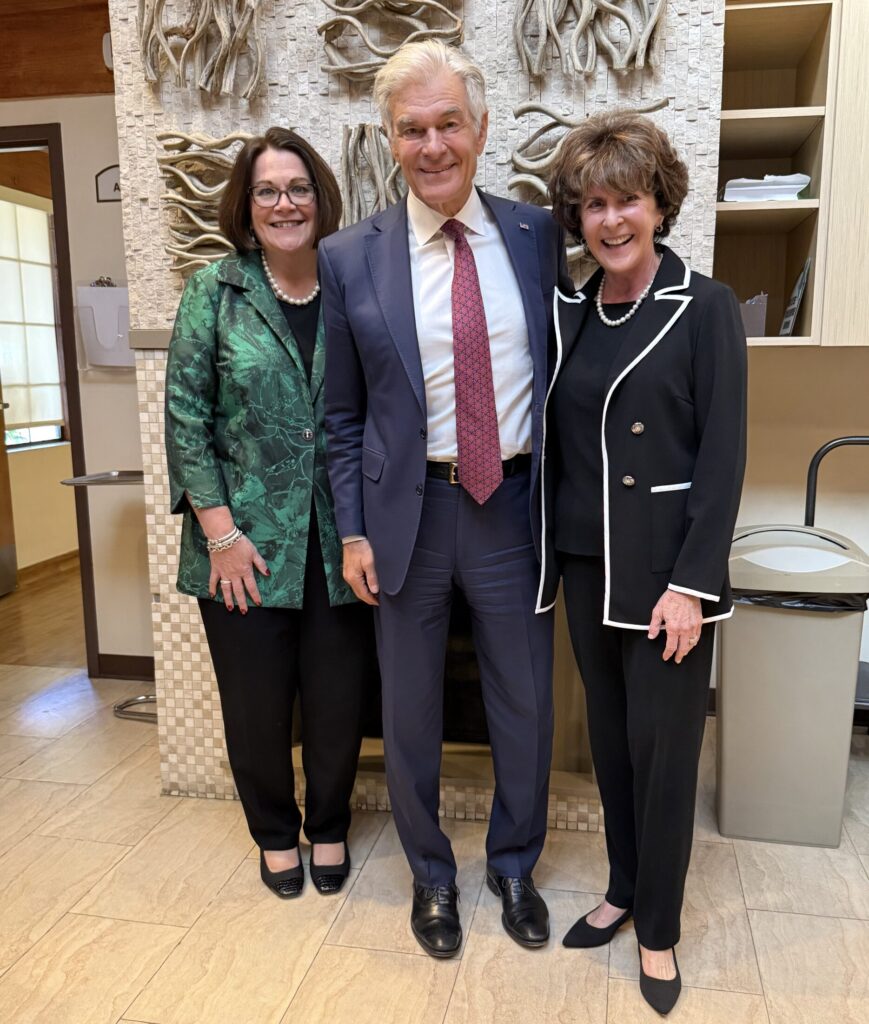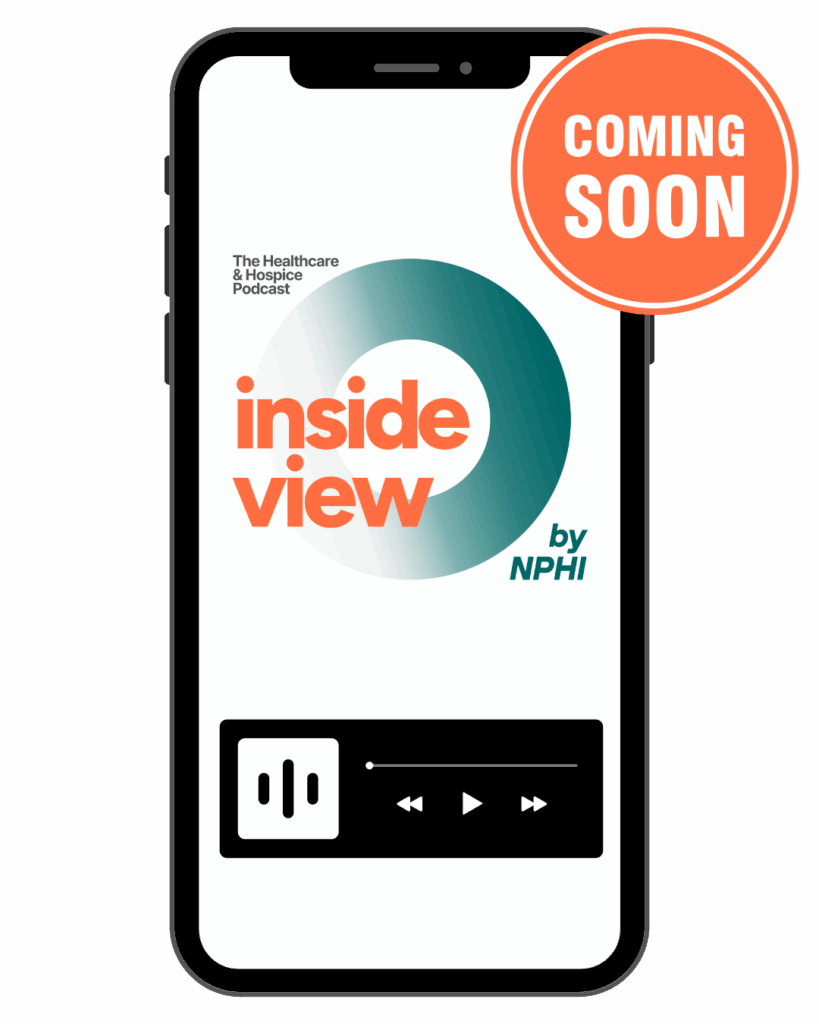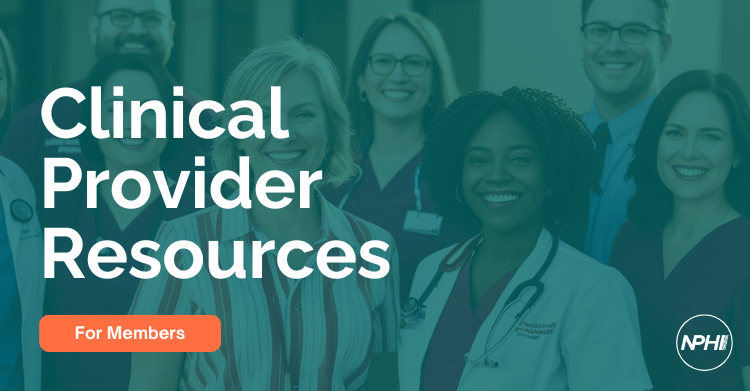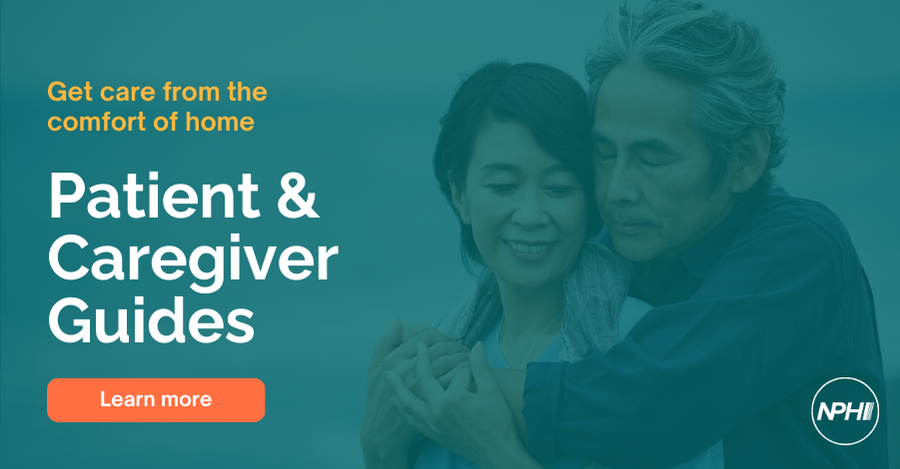As hospice providers nationwide seek to integrate new medical and non-medical offerings into their portfolios, the National Partnership for Hospice Innovation has developed a forum for nonprofit, community-based hospices to provide mutual support on service diversification.
Dubbed the Innovation Lab, the program will study new approaches deployed by the partnership’s members to identify effective new strategies and business models designed to strengthen the market positions of participating hospices.
Many in the hospice industry see service diversification as a business imperative to ensuring that hospices, particularly smaller community-based organizations, remain financially viable in order to support their mission.
“Those of us who are smaller organizations have to diversify. We have seen in recent years an erosion of our Medicare rates, which have been flat for about 12 years, with even more cuts being insisted upon by [Medicare Payment Advisory Commission]. ” said Christy Whitney, CEO of Grand Junction, Colo.-based hospice and palliative care provider HopeWest.
“In our rural Colorado community, HopeWest has about 95 percent of the hospice market. if you can’t grow your census and you can’t grow your rates, then you can’t stay competitive with wages, you can’t stay in business, and you can’t serve people,” she added.
The NPHI program takes a three-pronged approach: Supporting development of advanced disease-specific programs such as those to support dementia patients, identification of operational efficiencies through technology, and fostering development of new medical and non-medical service lines.
“NPHI has been looking strategically at different hospice and palliative care programs across the country to leverage their collective intelligence to better serve patients and families in a very rapidly changing health care landscape,” Cameron Muir, MD, chief innovation officer of Capital Caring, a nonprofit hospice and palliative care provider in the Washington area that serves more than 10,000 patients annually.
Capital Caring has leveraged collaborations with other hospices through NPHI to further its own diversification efforts, including the addition of a palliative care program, a physician training program, a telehealth program, and private duty personal care services.
The hospice is currently in the process of establishing a home-based primary care program, as well as a partnership with the Lyft ride-sharing service to support patient and family transportation needs.
“With home-based primary care and private-duty home care, we agreed about nine months ago that these were important services that families needed much earlier than the last six months of life,” Muir told Hospice News. “Before anything medical they need help with bathing and dressing and transportatIon and other critical personal care needs.”
Muir networked through NPHI to identify other organizations who had launched similar service lines. Through this effort Capital Caring connected with hospice providers in Florida, Chicago, and Arizona that were willing to share their private duty and primary care business plans. As Capital Caring advanced in its efforts, the hospice in turn shared its own business plans, which NPHI is using to develop templates for other organizations seeking to add similar services.
“Innovation is not an easy thing in health care. Most of health care is very regimented and prescribed—and becoming more so by the day,” Whitney told Hospice News. “We hope that through the Innovation Lab people can leverage each other’s knowledge and experience to replicate success. We want to see what others are doing that is unconventional, but with a clear focus on what our customers want.”
HopeWest has also worked with the partnership to drive key innovations, including development of a new $12 million center for seniors to provide programs for all-inclusive care for the elderly (PACE), as well as a clinic, palliative care, and other services.
Other collaborations through the partnership have included youth programs to help children and adolescents cope with grief, veterans support initiatives, and palliative care programs devoted to special populations, such as cancer support, Alzheimer’s disease support, and support for patients experiencing frailty.
In its current phase, the lab is gathering an inventory of innovations such as those implemented by HopeWest and Capital Caring, as well as researching new concepts for medical and non-medical services, business models, and strategies for working with payors, including Medicare Advantage plans.
“It plays into how we might interact in a future state when hospice is carved-in to Medicare Advantage, as well as the ongoing proliferation of managed care in all its forms, including Medicaid,” Keven Kappel, senior strategic adviser for NPHI told Hospice News. “If we think of those as ingredients, it’s about finding the right recipe for a hospice to provide a completely integrated set of services, with a consistent standard of quality, for patients who want to age in place and their families.”



